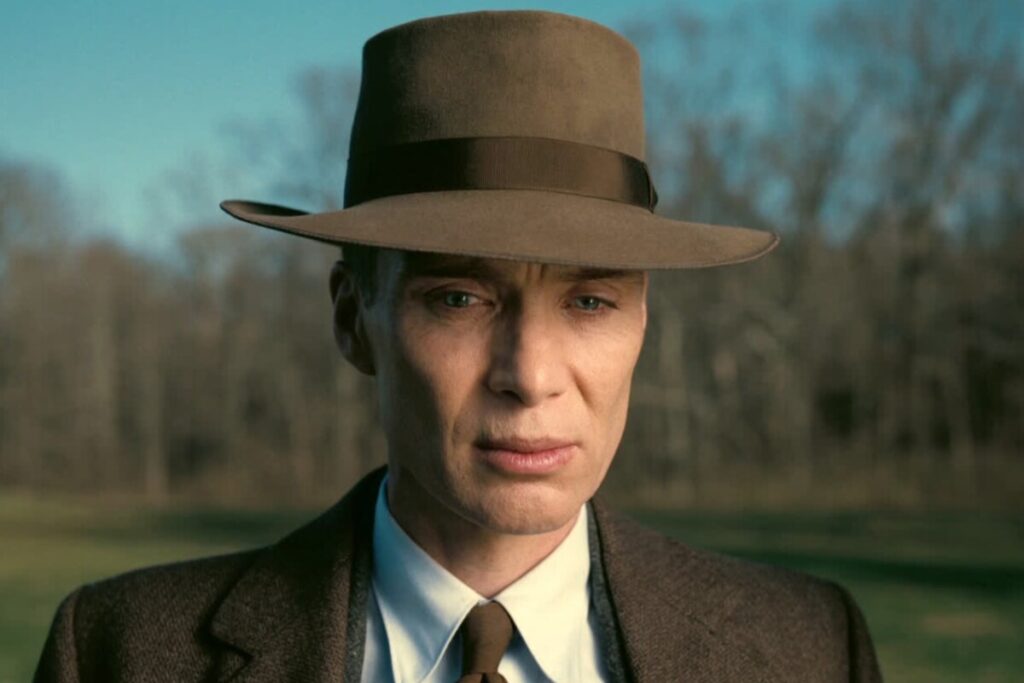
Dr. Eric Goldstein, Associate Professor of History, recently contributed to an Atlanta Jewish Times article focused on the blockbuster summer 2023 film Oppenheimer. Titled “Oppenheimer Story Set in Jewish America’s Golden Age,” the piece examines the film’s depiction of the Jewish scientists and politicians who helped to shape, and were shaped by, a crucial period of American history in the 1940s-’50s. A specialist in American Jewish history and culture, Goldstein offers illuminating insight into the broader context that figures like J. Robert Oppenheimer, his chief adversary Lewis Strauss, and others navigated in this pivotal period. Read an excerpt from the article below along with the full piece here.
“According to Emory University professor Eric Goldstein, a noted authority on American Jewish history, the 1950s were a difficult decade for American Jews, who were experiencing unprecedented acceptance in America during the years following World War II. He describes it as ‘a golden age for American Jewry.’
“‘There was a huge investment in building new synagogues and Jewish centers, particularly in the suburbs and things like that. And American culture now began to see Jews not as immigrant outsiders or members of some inferior foreign race but as part of the Judeo-Christian tradition where Jews, Protestants, and Catholics all seemed to have a kind of claim to being true Americans.'”

